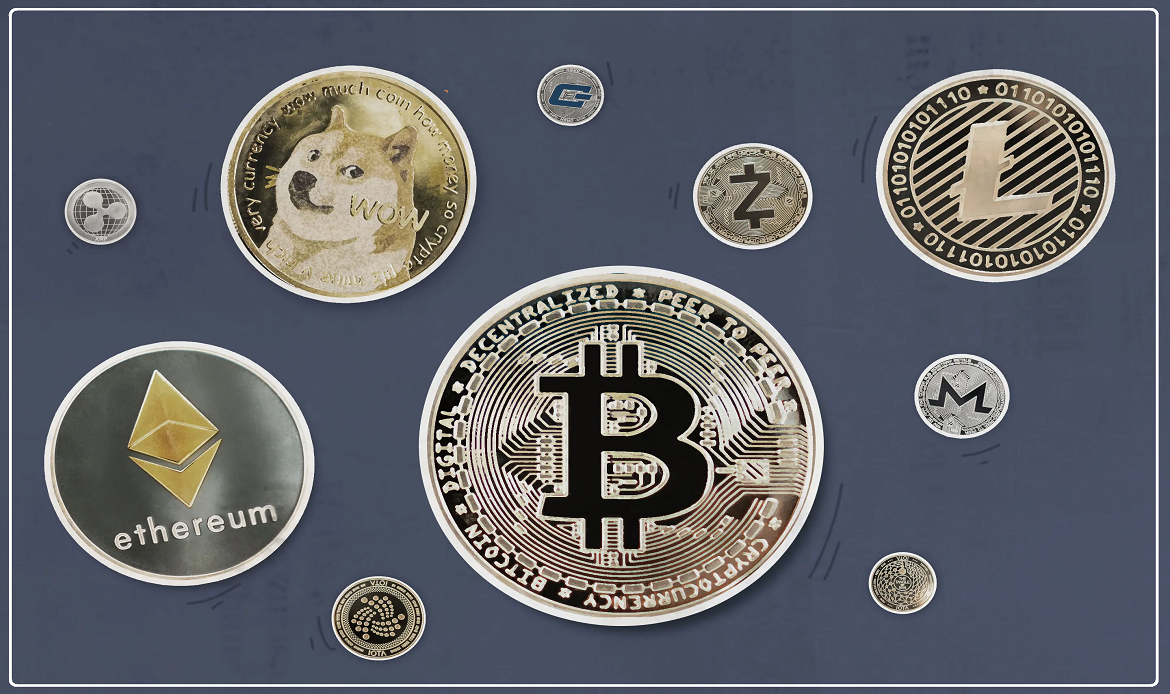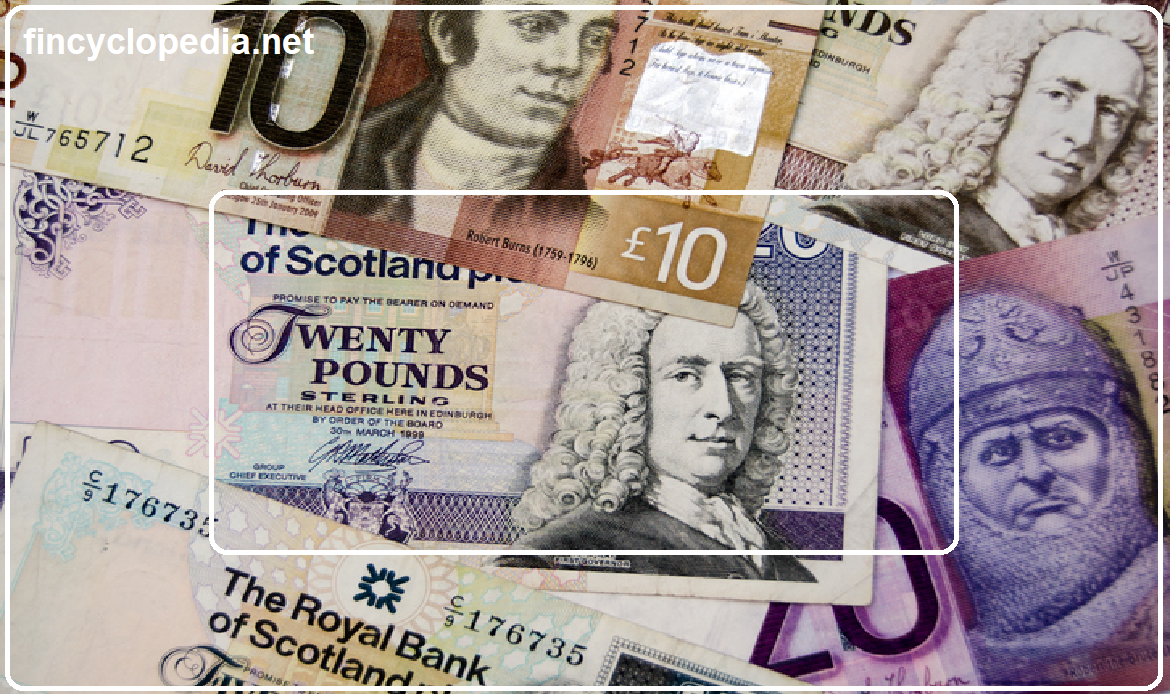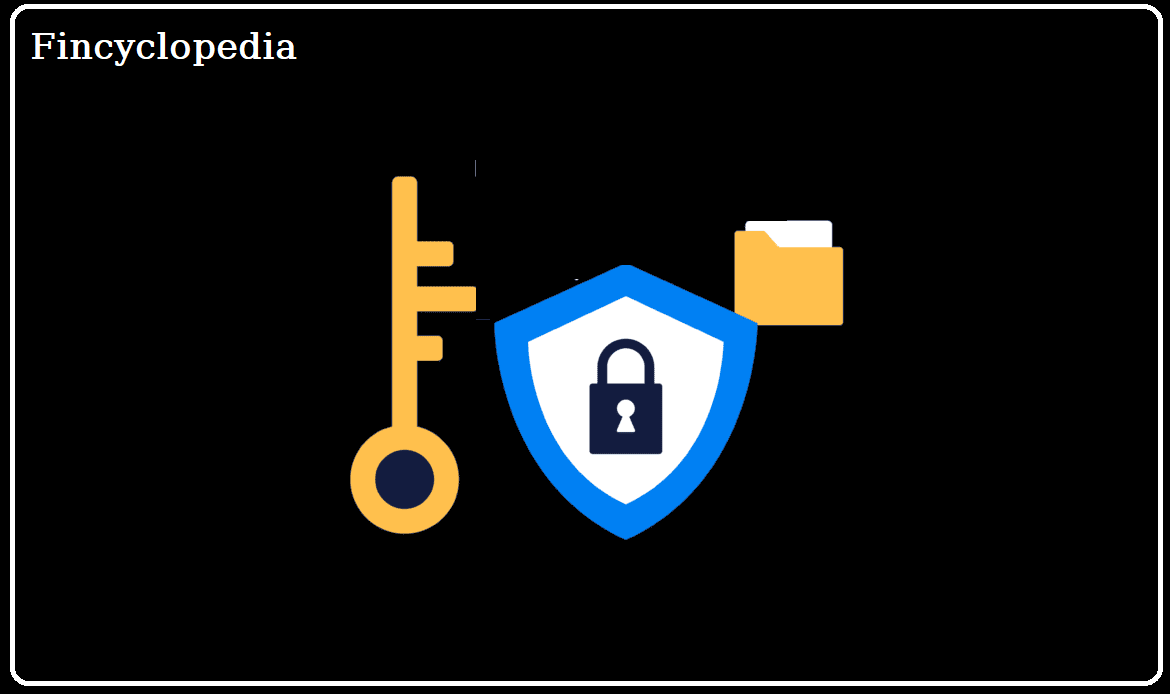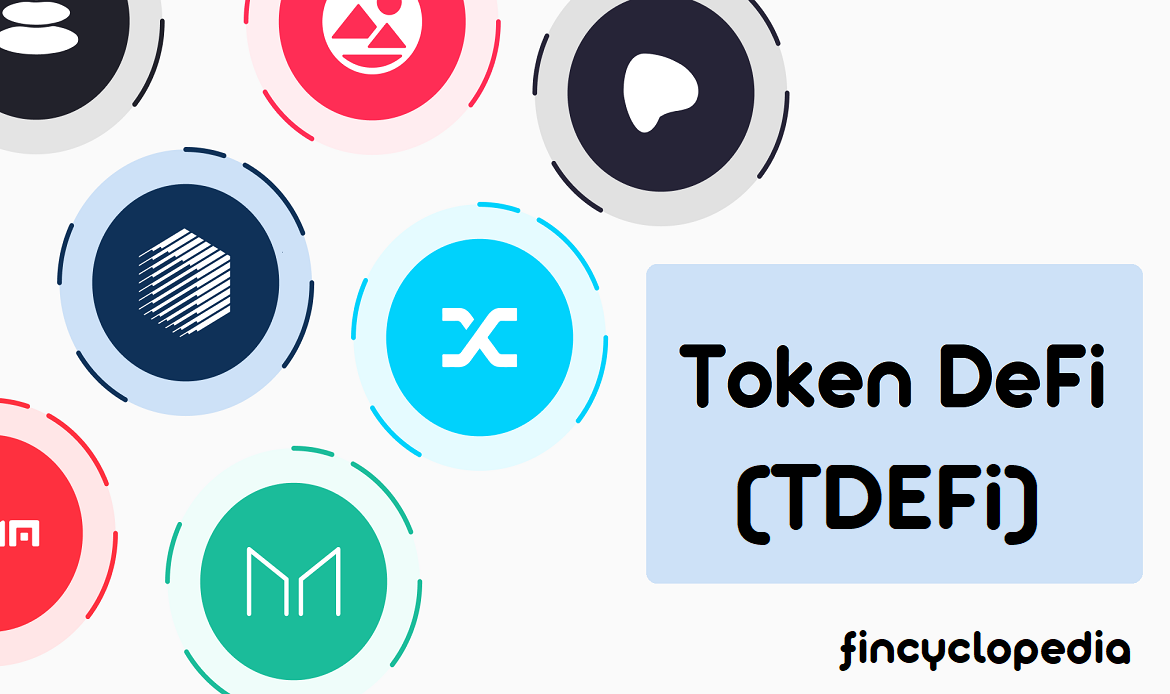
Crypto assets
A crypto asset is a digital asset that represents any digital store of value or medium of exchange (currency) that is stored as entries on the blockchain. It is a digital representation of value or a right that can be transferred or stored electronically (digitally) using distributed ledger technology (DLT) or similar technology. Crypto assets use cryptography (a method to secure data), peer-to-peer networking, and a sort of general ledger to initiate, verify and record transactions. DLT is a technology that enables the decentralized storage, update and validation of encrypted data. One example of DLT are blockchains on which entries are added as ‘blocks’, which form a ‘chain’ that cannot be manipulated or broken. Transactions are recorded on the chain to facilitate verification and provision of proof about existence without the need for a third-party.
Main uses of crypto assets
In the area of finance and investing, crypto assets provide multiple benefits including the ability to streamline capital-raising processes, enhance competition in the market and create an innovative and inclusive way of financing for various market players (e.g., consumers and SMEs). Crypto assets can be used for investments and/ or payments and for creating coins to fund certain project. These assets can also present opportunities in terms of cost-effective, faster and more efficient payments, in particular on a cross-border basis, by limiting certain redundant layers (intermediaries).
Crypto assets and broadly digital assets represent an essential facet of digitalization, which has been transforming finance and the way business is conducted. The outputs include innovative new products, services, applications and business models. Digital finance plays a key role in shaping and redefining competition, sustainability, and economic resilience. Furthermore, it provides the foundations for more inclusive, modern, prosperous societies.
In view of the above beneficial characteristics, crypto assets have certain uses and applications, principally including:
- as means of payment/ exchange (also called cryptocurrencies).
- for investment purposes (a carrier of ownership rights).
- as a vehicle giving access to goods or services (similar to vouchers, also called utility tokens).
- as a combination of the above uses.







